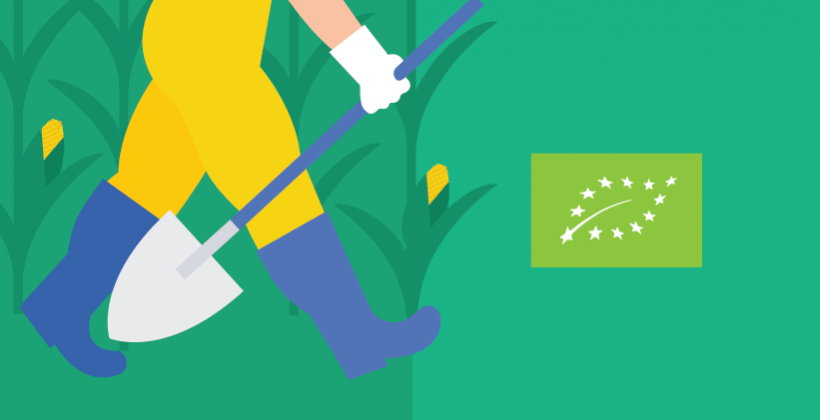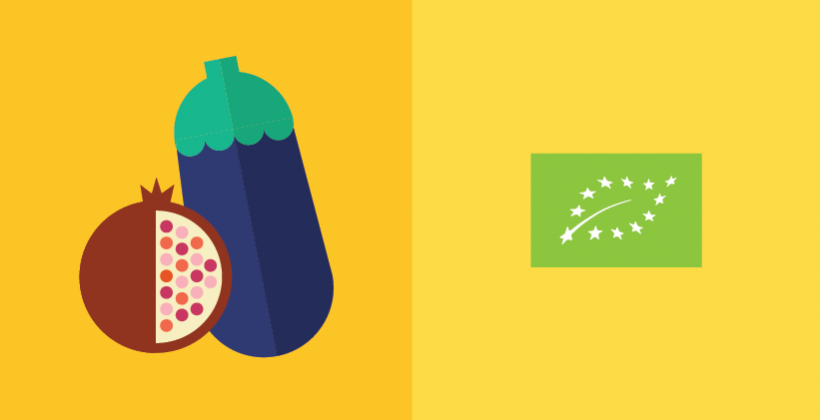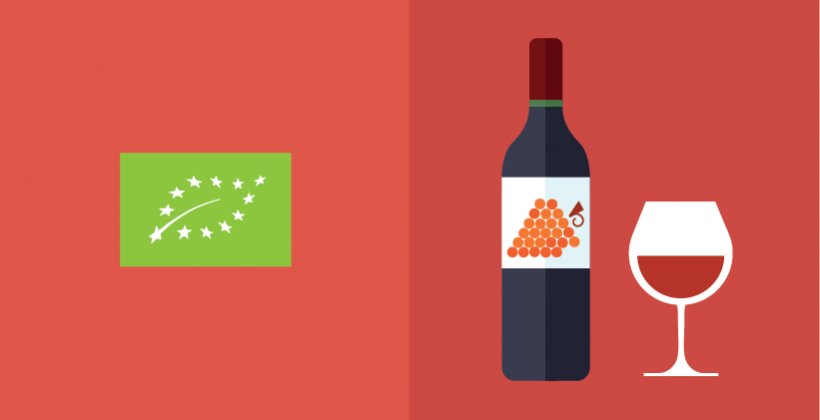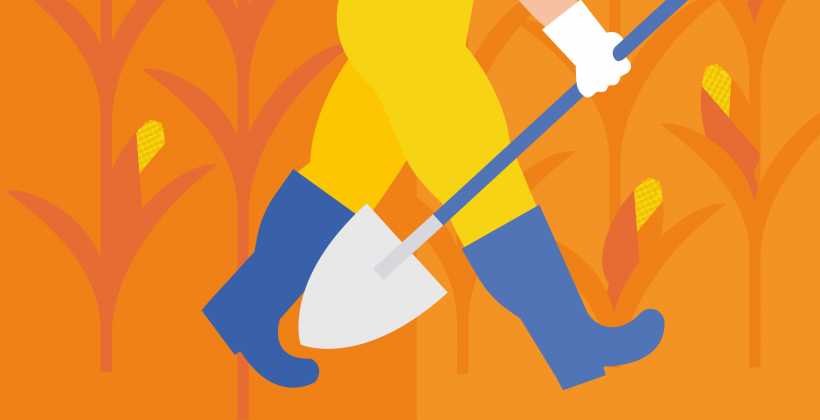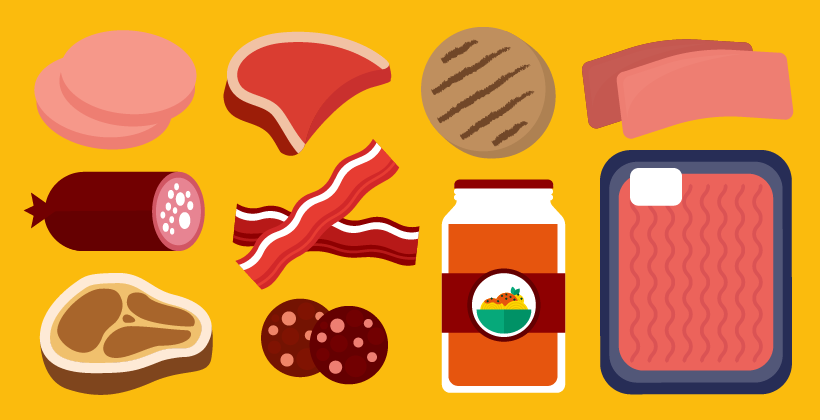Organic animal-based foods
Last Updated : 23 January 2019Organic food production is often associated with plant-based foods. However, EU legislation also provides detailed guidelines on the production of organic animal-based foods. Meat, fish, milk, eggs, honey, and other products sourced from such animals are considered organic.
Breeding and raising organic animals
To be called organic, animals have to be born and reared in an organically managed environment. The number of animals living in one area must be limited, allowing enough space for moving around and for natural behaviours, such as grooming and interacting with other animals. Limiting the stocking density on a farm also prevents problems such as overgrazing, soil erosion, and pollution caused by the spreading of manure. Whenever the weather allows, animals should be free to access outdoor areas. When indoors, insulations, ventilation, humidity, and temperature are monitored closely to make sure that the animals are comfortable. Isolating and tethering animals is not allowed.
Feed
Like in conventional farming, young mammals reared on organic farms suckle on their mothers’ milk. Upon weaning of mammals, and in all other organically reared animals, the feed must comply to the rules of organic feed production, meeting animals’ nutritional needs throughout life. To improve animal nutrition and immunity, some vitamins and minerals can be also mixed in with food. The use of genetically modified feed is prohibited.
Veterinary treatment
When rearing animals organically, antibiotics cannot be used in disease prevention, but they can be used to treat diseases, therefore preventing suffering of the animals. Natural methods must be used for breeding. In breeding, artificial insemination is allowed, but procedures such as cloning and embryo transfer are not permitted. Operations such as tail-docking, cutting of teeth, trimming of beaks and dehorning are only allowed when necessary for the wellbeing of the animal.
Aquaculture
Farmed or aquaculture fish are often considered a safer and more sustainable choice compared with wild fish, as a means of conserving biodiversity and reducing overfishing on wild fish stocks.3,4 The umbrella term of aquaculture includes also mollusks, crayfish and algae. Guidelines about the origin, breeding, habitat, and veterinary practices apply to aquaculture, as with any other organic food production in the EU. Design of the installations, stocking densities, and quality of water are specified in the legislation, so that natural behaviours are not affected. The use of hormones for growth or reproduction is not allowed. The fish and other animals are fed on material that has been grown organically.
Beekeeping
Bees play a vital role in food production, therefore supporting beehives is important for maintaining biodiversity.5 To produce organic honey, bees should be allowed access to pollen from organically managed plants. Hives should also be made from natural materials that are safe for the environment. When harvesting wax and honey at the end of the season, hives must be left with sufficient reserves of honey to survive the winter. Destruction of bees in the combs is not allowed.
Challenges
Management and treatment of health-related issues is among the biggest challenges faced by organic livestock farming systems.6 When housed together, animals tend to exhibit certain injurious behaviours like tail biting in pigs and feather pecking in chickens. The organic system restricts practices like docking tails and trimming beaks to avoid inflicting pain, but this can in turn cause harm to the animals in the long run if measures are not taken to prevent the injurious behaviours.7
Veterinary professionals express concerns regarding the withholding of antibiotic treatment in case of sickness until alternative remedies have failed.6 This can lead to prolonged suffering for the animal. Better protocols need to be developed so that organic farmers know when to use an alternative treatment and when to use a conventional one to safeguard the animal’s welfare.7,8
Due to restrictions on the dietary supplements that can be used, organic feed at times fails to meet the animals’ nutritional needs, especially in areas with environmental constraints.9 To prevent this, improved feeding strategies need to be developed for animals raised in the organic system.
References
- EC Regulation 834/2007. Council Regulation 834/2007/EC of 28 June 2007 on organic production and labelling of organic products. Official Journal of the European Union L189, 20.07.2007:1-23.
- EC Regulation 889/2008. Commission Regulation 889/2008/EC of 5 September 2008 laying down detailed rules for the implementation of Council Regulation (EC) No 834/2007 on organic production and labelling of organic products with regard to organic production
- EUFIC (2015). Farmed fish: A healthy choice?.
- Diana JS (2009). Aquaculture production and biodiversity conservation. BioScience 59 (1): 27-38.
- Food and Agricultural Organization of the United Nations (FAO) (2016). The power of pollinators: why more bees means better food.
- Sutherland MA, Webster J & Sutherland I (2013). Animal health and welfare issues facing organic production systems. Animals 3(4): 1021-1035.
